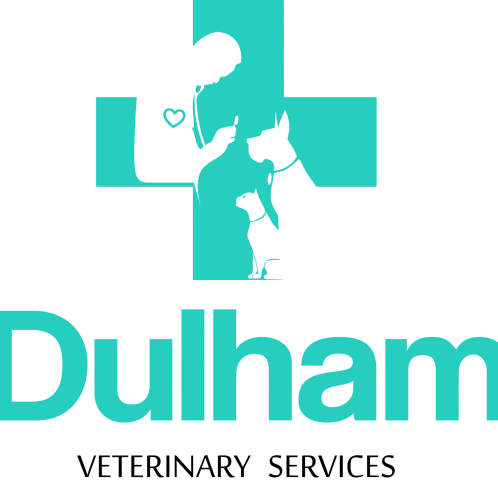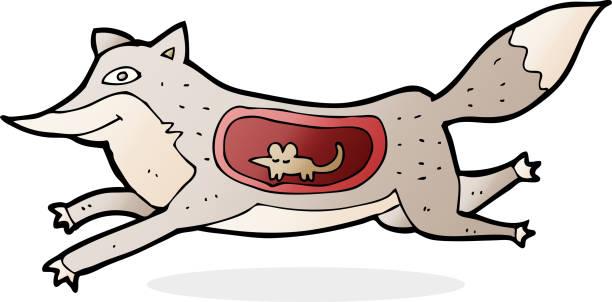Dog reproductive health remains a critical concern for Nigerian pet owners, with unique challenges posed by tropical climate conditions, limited veterinary access, and breed-specific complications. Understanding these issues can save your dog’s life and prevent costly emergency treatments.
Understanding Dog Reproductive Health Basics in Nigeria
Female Dog Reproductive System Overview
Female dogs typically reach sexual maturity between 6-12 months, though larger breeds may take up to 18 months. The reproductive cycle consists of four stages: proestrus, estrus, diestrus, and anestrus. In Nigeria’s consistent warm climate, these cycles may occur more frequently than in temperate regions.
Male Dog Reproductive System Overview
Male dogs can begin reproducing as early as 6 months but should ideally wait until 12-18 months for optimal health. Unlike females, males don’t have heat cycles and can mate year-round, making responsible breeding management crucial.
Normal Reproductive Cycles and Breeding Age
Most female dogs experience heat cycles every 6-8 months, though Nigeria’s climate may influence frequency. Optimal breeding age for females is typically after their second heat cycle, around 18-24 months, when physical development is complete.
Most Common Reproductive Health Issues in Nigerian Dogs
Pyometra: The Silent Killer in Female Dogs
Pyometra represents one of the most dangerous reproductive conditions affecting unspayed females. This life-threatening uterine infection occurs when bacteria enter the uterus during the heat cycle, causing severe inflammation and pus accumulation. Nigerian dogs face increased risk due to high humidity and bacterial load in tropical environments.
Early symptoms include excessive drinking, frequent urination, lethargy, and loss of appetite. In open pyometra, you may notice foul-smelling vaginal discharge. Closed pyometra is more dangerous as symptoms are subtle until the condition becomes critical.
Dystocia: Difficult Birth Complications
Dystocia, or difficult labor, affects approximately 5-10% of all dog births. Nigerian breeds and imported brachycephalic breeds (flat-faced dogs) are particularly susceptible. Factors contributing to dystocia include oversized puppies, abnormal positioning, maternal exhaustion, and uterine inertia.
Warning signs include prolonged labor (over 2 hours between puppies), visible distress, green discharge without puppy delivery, or failure to deliver after 30 minutes of active pushing.
RECOMMENDED:
-
Dog Reproductive Services in Nigeria: What Vets Offer in 2025
-
Best Dog Fertility & Breeding Clinics in Port Harcourt: (2025 Guide)
-
Best Dog Fertility & Breeding Clinics in Lagos: 2025 Complete Guide
False Pregnancy (Pseudopregnancy) Signs
False pregnancy commonly occurs 6-8 weeks after heat cycles in unspayed females. Dogs may exhibit nesting behaviors, mammary gland enlargement, and even lactation without being pregnant. While usually harmless, severe cases can lead to mammary infections requiring veterinary intervention.
Environmental and Climate Factors Affecting Dog Reproduction in Nigeria
Heat Stress Impact on Fertility
Nigeria’s tropical climate significantly impacts canine reproduction. High temperatures and humidity can reduce fertility in both males and females. Sperm quality decreases in excessive heat, while female dogs may experience irregular cycles or reduced conception rates.
Seasonal Breeding Patterns in Nigerian Climate
Unlike temperate climates with distinct seasons, Nigeria’s relatively stable temperatures allow year-round breeding. However, the rainy season (April-October) may influence breeding success due to increased humidity and disease pressure.
Nutritional Deficiencies and Reproductive Health
Poor nutrition significantly impacts reproductive health. Protein deficiency, common in Nigeria due to economic factors, can lead to small litter sizes, weak puppies, and maternal complications. Essential fatty acids, vitamins, and minerals are crucial for optimal reproductive function.
Warning Signs: When to Seek Veterinary Care Immediately
Emergency Reproductive Health Symptoms
Seek immediate veterinary care if you notice: excessive bleeding during heat cycles, prolonged labor without progress, severe lethargy with swollen abdomen, foul-smelling discharge, or difficulty urinating. These symptoms often indicate life-threatening conditions requiring urgent intervention.
Progressive Symptoms That Require Prompt Attention
Monitor for gradually worsening symptoms including decreased appetite, increased water consumption, irregular heat cycles, or behavioral changes. Early intervention prevents minor issues from becoming emergencies.
Finding Quality Veterinary Care in Nigeria
Locating Qualified Reproductive Veterinarians
Nigeria has improved veterinary services in urban areas like Lagos, Abuja, and Port Harcourt. However, rural areas often lack specialized reproductive care. Contact the Nigerian Veterinary Medical Association for referrals to qualified practitioners.
Cost Considerations for Reproductive Health Services
Reproductive health services vary significantly in cost across Nigeria. Spaying typically costs ₦15,000-50,000, while emergency pyometra surgery can exceed ₦100,000. Consider pet insurance or savings plans for unexpected reproductive health expenses.
Preventive Measures for Nigerian Dog Owners
Spaying and Neutering Considerations
Spaying female dogs before their first heat cycle reduces pyometra risk by 99% and eliminates ovarian and uterine cancers. Neutering males prevents testicular cancer and reduces prostate problems. Consult your veterinarian about optimal timing based on your dog’s breed and size.
Proper Nutrition for Reproductive Health
Feed high-quality, balanced diets rich in protein, essential fatty acids, and vitamins. Breeding females require increased calories and nutrients during pregnancy and lactation. Avoid cheap feeds that may contain harmful additives or insufficient nutrients.
Regular Health Monitoring and Check-ups
Schedule routine veterinary examinations every 6-12 months, with more frequent visits for breeding animals. Regular check-ups allow early detection of reproductive issues before they become life-threatening emergencies.
Final Thoughts on Dog Reproductive Health in Nigeria
Dog reproductive health in Nigeria requires vigilant attention to climate-specific challenges, proper nutrition, and access to quality veterinary care. By understanding common issues like pyometra and dystocia, recognizing warning signs, and implementing preventive measures, Nigerian dog owners can ensure their pets live healthy, happy lives. Remember that spaying and neutering remain the most effective ways to prevent many reproductive health problems while contributing to responsible pet ownership.
Take the Next Step in Protecting Your Dog’s Reproductive Health
At Dulham Veterinary Clinic, we offer expert reproductive care tailored to Nigeria’s unique climate and your pet’s specific needs. From fertility consultations and safe breeding support to advanced treatment for conditions like pyometra and dystocia, our experienced vets are here to help.
Book an appointment today or visit us to give your dog the expert care they deserve. Your pet’s health starts with proactive, professional support.
Phone Us
0806 632 9826
Visit Us
No 23 Crown Court Estate 2, Orunbe close , Oniru. Victoria Island, Lagos.
No. 3 Isiokpo Street, Phalga, Port Harcourt
Mail Us
help@dulhamvetclinic.com
Join our Whatsapp Community – learn from other pet parents, and be the first to know about exclusive offers. Click to join the group
Frequently Asked Questions on Dog Reproductive Health in Nigeria
Q: What are the most common reproductive health problems in Nigerian dogs?
A: The most common issues include pyometra (uterine infection), dystocia (difficult birth), false pregnancy, and reproductive tract infections. These conditions are exacerbated by Nigeria’s tropical climate and limited access to preventive veterinary care.
Q: How much does treating pyometra cost in Nigeria?
A: Pyometra treatment costs vary significantly across Nigeria. Emergency surgery typically ranges from ₦80,000-150,000 in urban areas, while medication and hospitalization add another ₦20,000-50,000. Rural areas may have lower costs but limited surgical capabilities.
Q: When should I spay my female dog in Nigeria’s climate?
A: Ideally, spay female dogs before their first heat cycle (around 6 months) for maximum health benefits. In Nigeria’s warm climate, this timing is crucial as heat cycles may occur more frequently, increasing reproductive health risks.
Q: What are the signs of dystocia during dog birth?
A: Warning signs include labor lasting over 2 hours between puppies, visible distress or exhaustion, green discharge without puppy delivery, failure to deliver after 30 minutes of active pushing, or weak contractions that suddenly stop.

